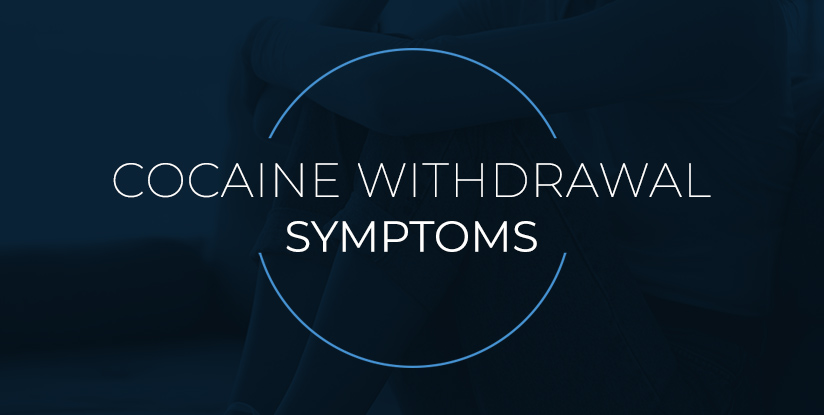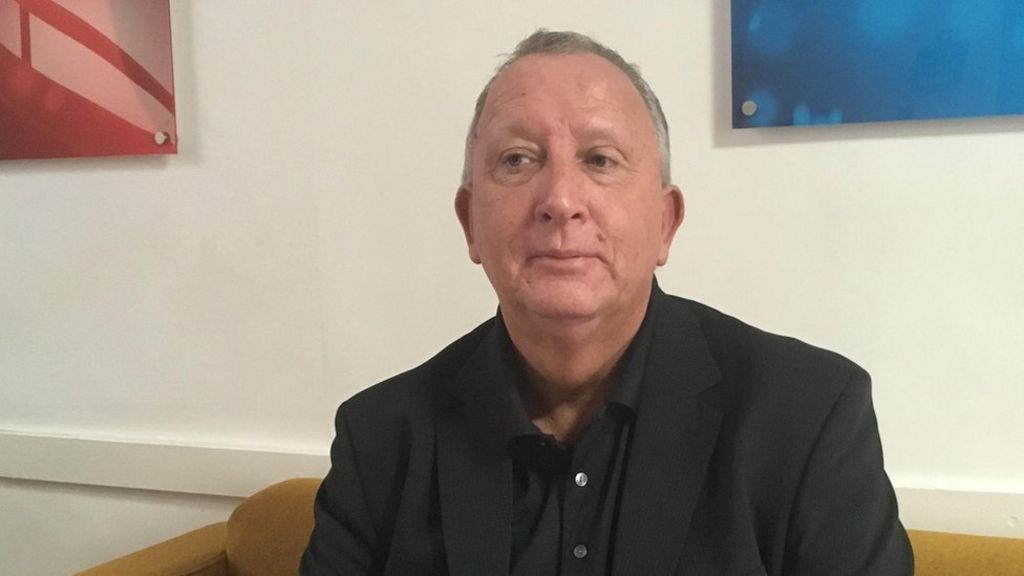Can You Stop Gambling Cold Turkey
There’s been a lot of talk in the news recently about the dangerous long-term side effects of PPI’s, and it’s caused a bunch of chaos in the medical world. Proton pump inhibitors (particularly the larger brands like Prilosec, Nexium, and Prevacid) are among the most commonly prescribed drugs in the US, with more than 110 million prescriptions prescribed in 2010. Since then the numbers have only grown, with a startling percentage of the population currently dependent on these medications for the treatment of reflux and heartburn.
Can You Stop Gambling Cold Turkey Trot

- Read Much As You Can About Gambling Addiction: Read as much as you can about gambling addiction is the last tip on how to stop gambling I would like to show you in this article. Educating yourself about the different types of gambling, and especially the type of gambling you are stuck in is very useful.
- To stop doing something abruptly. The phrase is most often used to describe the sudden cessation of a drug. After smoking for so long, I should have never tried to quit cold turkey—the withdrawal symptoms are unbearable. I'm so impressed that you quit gambling cold turkey!
- Becky, I am so sorry that you lost your insurance. It is not good to go cold turkey. Do you have any left at all? Like Iamcontent said if you can try every other night and see how that works. Also if you have a dr that could care less, please find one that has knowledge of rls. That is so important.



When you try quitting cold turkey, you could potentially begin to experience withdrawal symptoms within two hours of your last drink. These symptoms typically peak within 24 to 48 hours. You may have insomnia, a rapid heartbeat, changes in your blood pressure, excessive perspiration, tremors, or a fever.
Unsurprisingly, the news that these medications have been linked with some pretty serious side effects from long-term use (we’re talking increased risk of kidney disease, vulnerability to nutritional deficiencies and infections, and even increased risk of heart disease and dementia), has caused a major panic among consumers.
There’s this incredible sense of urgency and pressure that patients are getting bombarded with, both by the media and by lawyers and even some doctors. It’s the “stop taking these right now or you’ll drop dead tomorrow” message, and it’s one you’ll see featured on billboards, the internet, or even on the local news. For patients who are currently taking these medications, it’s incredibly scary. They’re left terrified of taking their medications but unsure what the consequences of stopping them will be.
The fact of the matter is, going cold turkey with your PPI’s is one of the worst things you can do for yourself at this point.
If you’ve just recently started taking your PPI’s and you’re worried about the potential dangers, then it’s probably not too late to simply stop taking them. For patients who have been taking PPI’s regularly for years, though, things aren’t so simple.
One of the problems is that PPI’s were never intended to be used as a long-term treatment option for acid reflux. Your typical PPI should be taken for two to eight weeks, and when used as they’re intended these medications aren’t particularly dangerous. The problems begin to arise when patients become dependent on PPI’s for the long-term alleviation of symptoms.
PPI’s work by blocking the production of acid in your stomach, something which generally leads to the relief of reflux symptoms like heartburn. The problem is that stomach acid helps digest food, but also has a barrier function against various pathogens. When there’s less stomach acid, you’re left more vulnerable to nutritional deficiencies and infections. That’s not a huge issue if you’re taking the medication on an as-needed basis for a couple of weeks, but over the span of a few years that vulnerability drastically increases your risk of serious health problems.
These health risks are unsettling, and we commend our PPI patients that are determined to stop taking their medication and find an alternative solution to their reflux issues. What these long-term PPI users need to understand, though, is that it’s not safe to just go cold turkey with your PPI’s.
We’re seeing the stories about the patients who have tried going cold turkey, and it’s a painful and generally unsuccessful approach. Most patients have difficulty discontinuing their PPI’s because the amount of acid in their digestive system surges when they stop taking the drug, and they’re often left with symptoms like excruciating stomach pain and increased heartburn. The safest way to end your relationship with PPI’s is to slowly wean yourself off the medication.
It can be a long and complicated process, but if you’re committed to finding a less dangerous solution for your reflux issues then it’s the path you need to take. The journey doesn’t end once you’ve been successfully weaned off your PPI medication, though. Perhaps the most important part is determining what you’ll use in place of medication to keep your reflux and heartburn at bay, and that’s where we’re here to help. There are tons of treatment options available, and ones like anti-reflux surgery pose little to no health risks and offer a permanent solution to your reflux and GERD. Weaning off your PPI’s is important, but so is deciding what to do after that.

PPI medications are difficult to quit, which is why it’s so important to not take this journey alone. Talk to your reflux doctor if you want to discontinue your PPI’s, we’ll draw out a plan to help you safely wean yourself off the medication and work together to determine what treatment option will best alleviate your reflux symptoms without posing health risks.
Can You Stop Gambling Cold Turkey Vultures
9 Comments